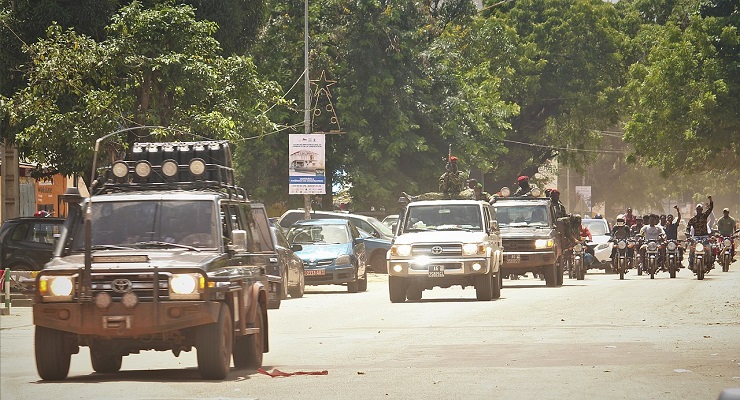
Over 80 coups have taken place in Africa since 1960. Among the many factors that explain the incidence of coups in Africa is external influence. This article by Joe Siegle is published by Democracy in Africa. Here is an excerpt:
The 82 coups Africa experienced between 1960 and 2000 were devastating for the continent—contributing to the instability, corruption, human rights abuses, impunity, and poverty that characterized many African countries during that era. Coups, moreover, are contagious. A successful coup significantly increases the probability of subsequent coups—in that country as well as its neighbors.
The recent spate of coups in Africa, therefore, is bad news. In the past two years there have been coups in Mali (twice), Chad, Guinea, Sudan, Tunisia, and, arguably, Algeria and Burundi—many of which were navigating democratic transitions. This variant of the coup bug can be traced back to the coups in Egypt and Zimbabwe a few years earlier. That means nearly 20 percent of African countries have succumbed to coups since 2013. The continent, thus, risks hurtling back to bad old days of military misgovernance—a period often remembered for its “lost decades.”
International Actors Failing to Uphold Norms around Coups
Coups are ultimately cold-eyed calculations of benefits vs. costs. The upsides are fabulous—power and unbridled access to state resources. The allure of a coup, consequently, will always exist. The potential downsides—failure or imprisonment—are likely viewed as manageable for unconstrained military actors under a civilian administration. Those who mount coups, in short, do so because they believe they can get away with it, with minimal costs.
Find the full story here.
Leave a Reply